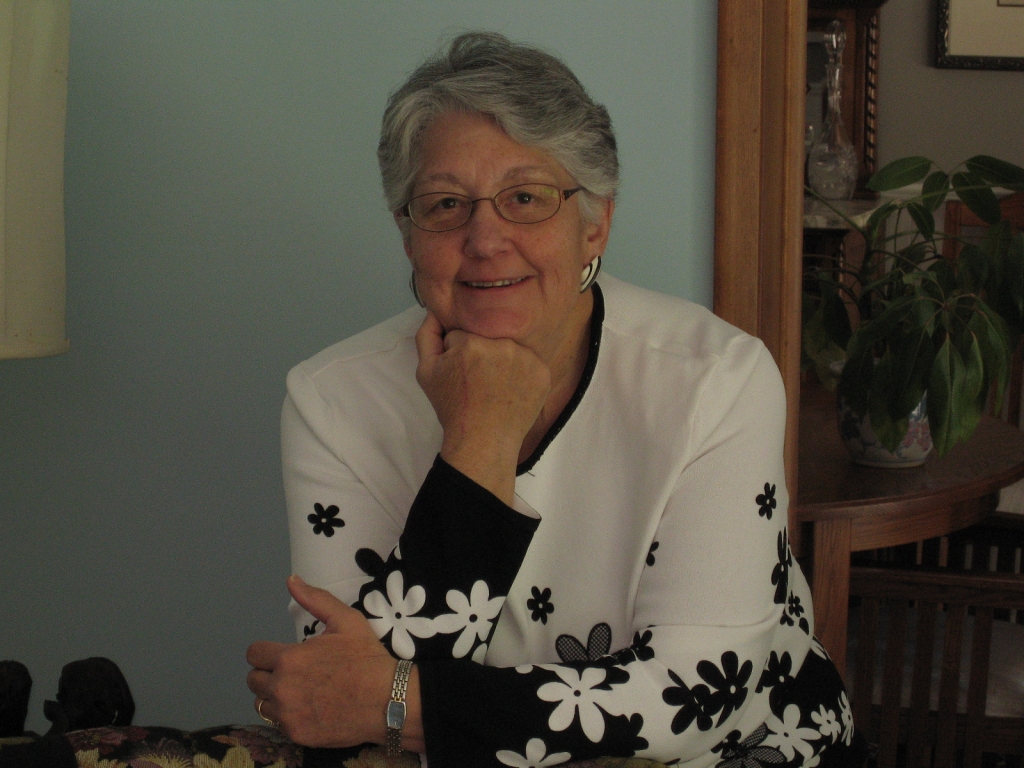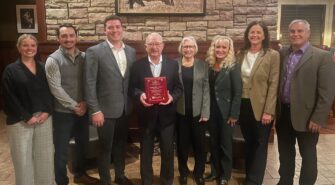3 Family Businesses Honored with Awards from Prairie Family Business Association
Recent News
Keeping the “family” in the family business is all about governance.
Providing clear policies and procedures helps clarify roles, define responsibilities and keep family members engaged.
While it can be complex, family governance also is critical to helping business avoid pitfalls and thrive in future generations.
On March 30, the Prairie Family Business Association is honored to welcome Charlotte Lamp, a third-generation family member and shareholder in Seattle-based Port Blakely Companies who has done global research on family business governance.
Here’s a preview of the valuable insight you can expect from her.
Question: First, congratulations on your exceptional family business. Can you tell us a little about Port Blakely Companies?
Answer: Port Blakely Mill Company on Bainbridge Island, Washington was founded in 1864 by Captain William Renton. In 1903, my grandfather and his siblings bought the company. In the 1920s, they came to realize that logged-over lands might well be reforested to prevent a shortage of timber and meet the needs of future generations. Thus, sustainability and stewardship, as core family values, became the central focus of our tree farming business. Today, Port Blakely is very proud of its 60-year harvest cycle as compared to an industry standard of 40-year harvest cycles. This longer period of growth before harvest has enabled us to leverage our commitment to stewardship to create valuable relationships with our regulators and neighbors. You can read more at www.portblakely.com
Question: What do you find is the most common mistake family businesses make with governance?
Answer: “Governance” is an umbrella term that uses a tight network of clearly stated and transparent policies and procedures to guide organizations and protect them from destructive impulses. Family businesses, or business families, have two components deeply intertwined: “family” and “business.” Then there is the third connected component, the body of “owners,” which adds to the system’s complexity! Failure to understand and anticipate the separate but intertwined needs of each of these entities is a most serious and often fatal mistake. Yet, well-developed, clearly communicated, and followed policies and procedures that guide the interactions within and between the dimensions of this complex system can prevent most problems.
Question: You are going to elaborate on the four roots of family governance in your talk, but can you give us a preview of them?
Answer: The term “roots” comes from a metaphor I use for family business: a fir tree. Just as the roots of trees feed and support the trunk and canopy, family governance feeds and supports a healthy generative family business through four major dimensions:
Documentation which provides the guidelines and policies that when clearly stated guide a family and its enterprise and allow it to be flexible during crisis and change
Celebration encourages strong bonding throughout the family enterprise by creating engaging story-making activities
Education is the story-telling activity of family governance by providing education of all family members about one another, about their legacy, and about wealth management, as well as providing education of non-family employees and outside board members about the family.
Communication is the governance dimension that underlies the other three for they rely on open and transparent interchanges between all stakeholders in the family business system.
Question: Not every family member is born into the family business. How do you see the unique role of those who marry into the business?
Answer: Our “married-ins” are our life blood; they are our nourishment! Any system requires outside nourishment to survive or they stagnate and die. Those who marry into our family business systems bring with them unique gifts and new perspectives. These family members, when openly welcomed and celebrated, serve to broaden our family cultures and add diversity of thought. With their lack of family baggage and scars from early sibling rivalries, these newly arrived family members can serve to lessen family conflict.
Question: What do you hope people take away from your talk on March 30?
Answer: I sincerely hope that those who attend this talk leave with new or renewed excitement about the possibilities for family governance within their own business families: new ideas, new insights, renewed vigor for the tasks ahead. That each one will have learned from our story and the stories of others what family governance is, why family governance is necessary, and some useful tools to use within their own business families.
Prairie Family Business Association looks forward to delivering Charlotte Lamp’s valuable information and much more insight at its annual conference. To learn more and register, visit http://fambus.org



